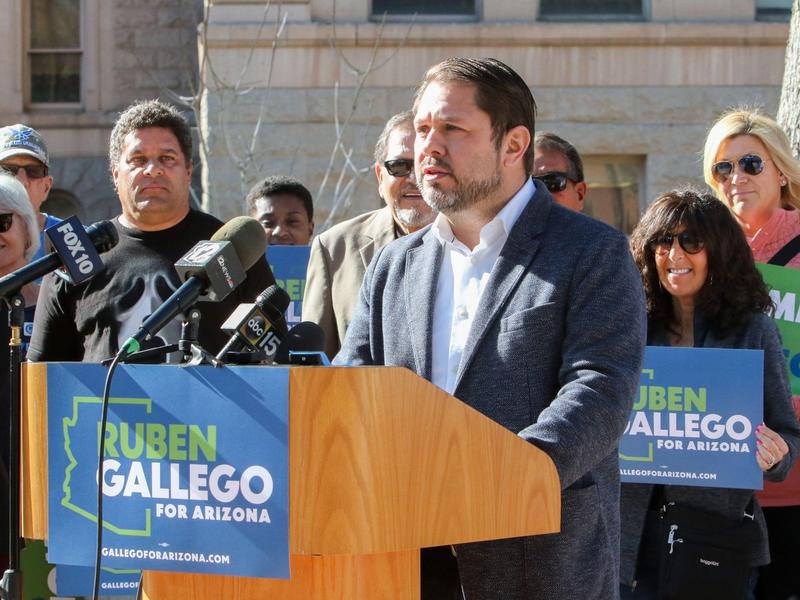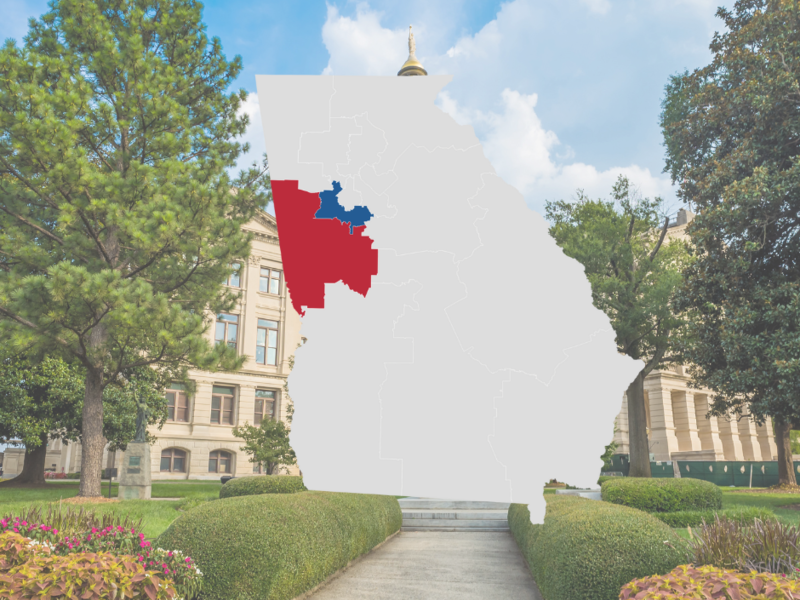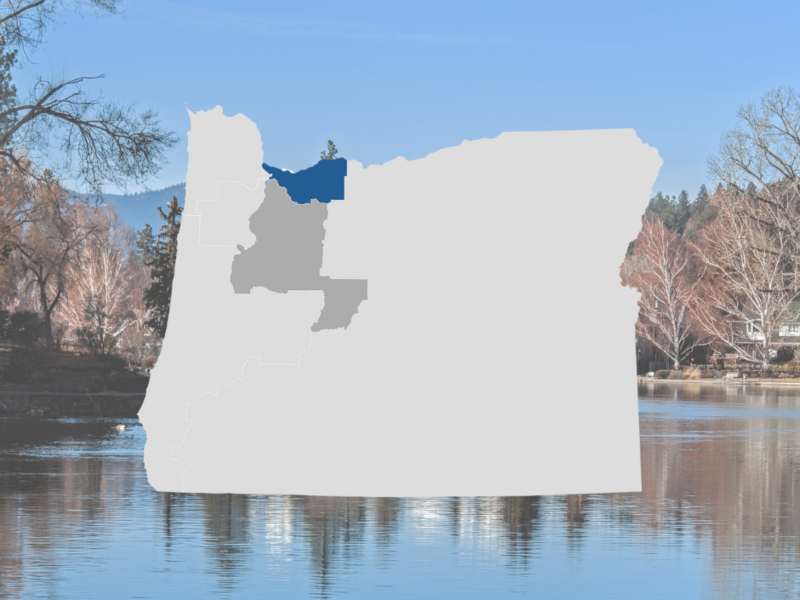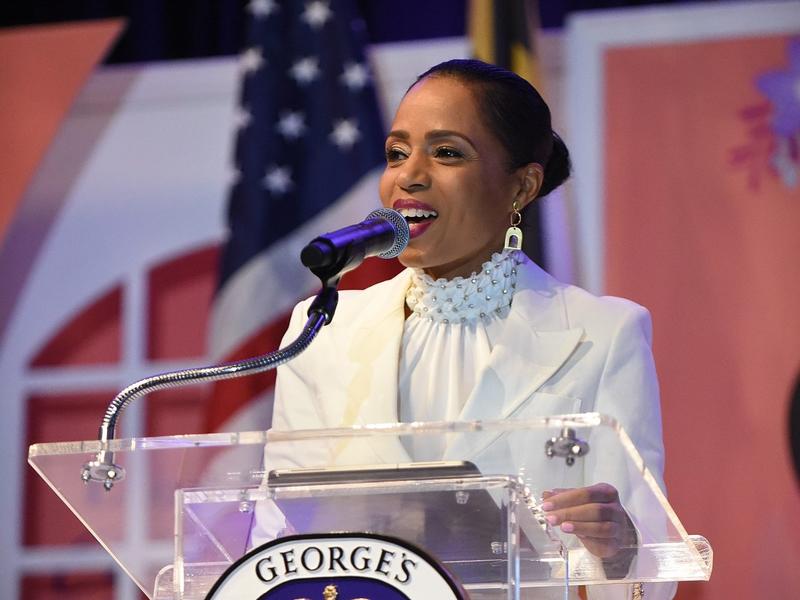
Andrew Rudalevige is the Thomas Brackett Reed professor of government at Bowdoin College in Brunswick, Maine. He is the author of award-winning books on the presidency, including Managing the President’s Program: Presidential Leadership and Legislative Policy Formulation. Why does Maine allocate some of its electoral votes by congressional district? The statewide winner of the popular vote gets two of Maine’s electoral votes, while the other two go to the winner(s) of Maine’s two congressional districts. The split comes from a law passed in 1969. The three-way race of 1968 – when Richard Nixon won the presidency with just 43% of the national vote -- inspired a Democratic state senator to propose a “reform” to bring the electoral college closer to proportionality. The Bangor Daily News found that there was surprisingly little discussion of the 1969 law at the time. It was overshadowed in a busy legislative session that also imposed a state income tax for the first time and lowered the minimum voting age. The problems that could flow from linking electoral votes to districts artfully gerrymandered by party have









Subscribe Today
Our subscribers have first access to individual race pages for each House, Senate and Governors race, which will include race ratings (each race is rated on a seven-point scale) and a narrative analysis pertaining to that race.